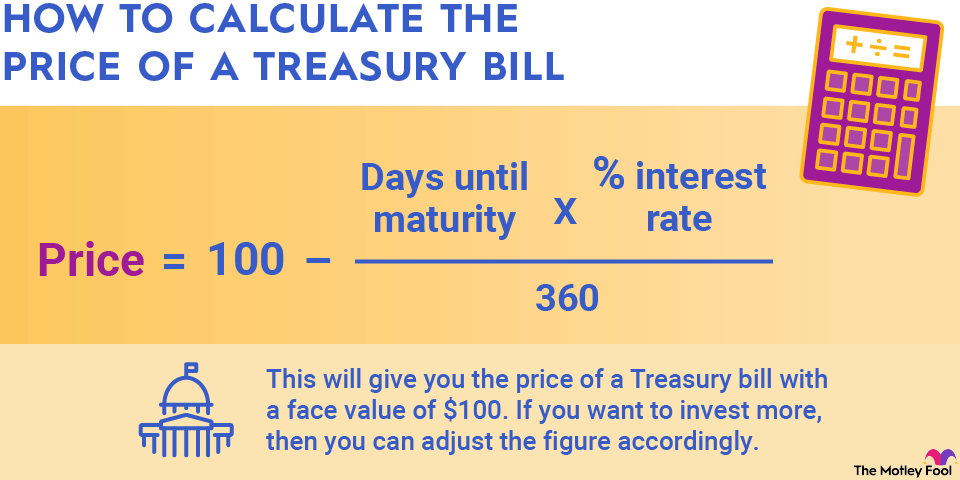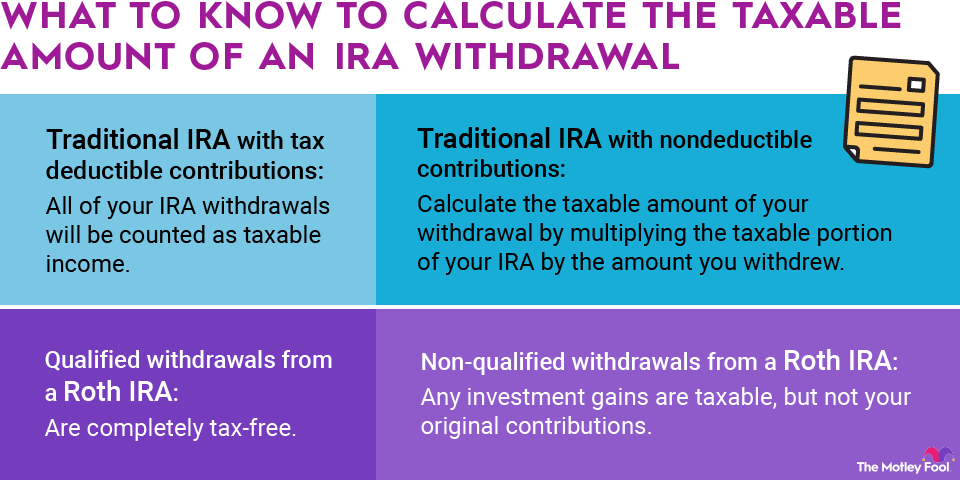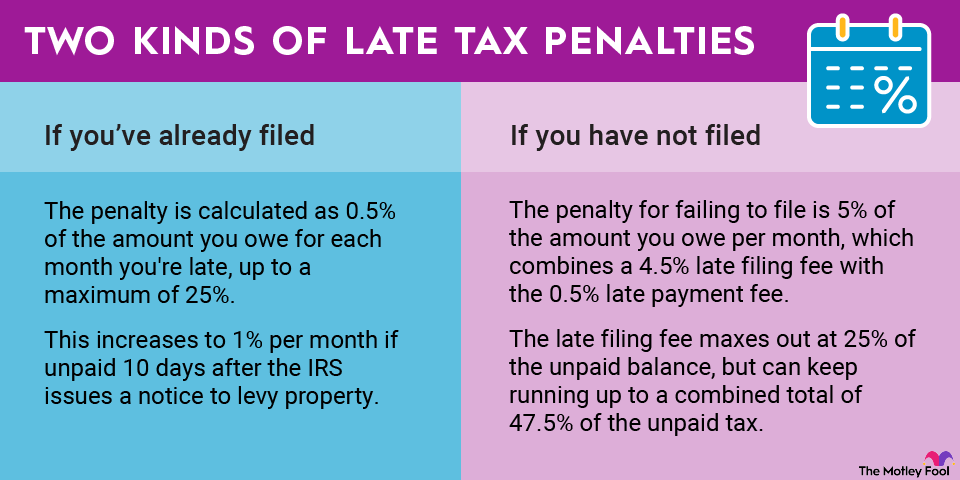Most investors are familiar with financial accounting. It is the financial reports and standards we use to review a company's financial performance each quarter and year. Inside the company, though, there's another type of accounting: managerial accounting. Managerial accounting is used not to report to investors but to inform management of how the company is performing with regard to internal processes and objectives.
One of the areas where management has the most control, and therefore a key consideration of managerial accounting, is a company's selling and administrative expenses.

What are selling and administrative expenses?
Simply put, selling and administrative expenses are all expenses not directly related to the production of a product. That includes the budgets of all non-manufacturing departments such as marketing, accounting, sales, engineering, and so on.
This includes personnel expenses and also everyday operating expenses such as insurance, supplies, travel and entertainment, rent, and payroll taxes. Selling and administrative expenses even include non-cash expenses such as depreciation and amortization.
To calculate selling and administrative expenses, one simply needs to add up all the expenses not directly related to the production of the company's product, including but not limited to those listed here.
For managerial purposes, the selling and administrative budgets and expenses are typically reviewed on a monthly, quarterly, and annual basis.
How managers use this information
Managerial accounting is much more customizable than financial accounting, and therefore, it can provide many more practical tools for managers. That's particularly true when used in selling and administrative expenses.
As you can probably tell already, selling and administrative expenses are a bit of a mixed bag. They include highly variable expenses such as marketing as well as mostly fixed expenses such as rent. Because of this dynamic, a manager analyzing these numbers should make sure to distinguish between the company's baseline fixed costs and the incremental variable costs that rise and fall over time. The variable expenses could correlate to sales, headcount, or capital spending. A proper analysis must dive into this level of granularity to fully understand how the company's strategy and tactics will influence its expenses.
Part of this process is subdividing the broad "selling and administrative" expenses into smaller, more useful subgroups. For example, a company's marketing budget will certainly be reviewed independently of its engineering expenses. However, it could be useful to review marketing and sales expenses together as one group relative to sales or sales growth. These choices are at the management's discretion based on the company's business model and objectives. Again, with managerial accounting, there are no regulated standards; the reports and modeling should be designed to fit what the company's management needs to run the business, not what investors need to understand its performance.
That said, don't underestimate the significance of these managerial decisions on how the company drives investor returns. These reports frame management's view of the business. How management decides to group and analyze its expenses implicitly defines how they view and understand the company. Management makes decisions based on the data they have available, and these managerial accounting decisions give context to the data. A poorly structured selling and administrative expense budget can affect not just tactics but also strategy.
Related investing topics
Managers should not only calculate selling and administrative expenses but also analyze them
Selling and administrative expenses are typically a huge line item on a company's income statement. It includes almost every expense that the company incurs not directly related to the production of its products. Whether a company wants to grow, cut costs, or simply maintain what it's doing, managers must pay close attention to this figure and all its component parts. Managing this section of the income statement is a crucial component to running a successful business.
Successful investors have to keep on top of a lot of numbers, too. If you're ready to take the next step on your investing path, come on over to our Broker Center, and we'll lend you a hand.


















